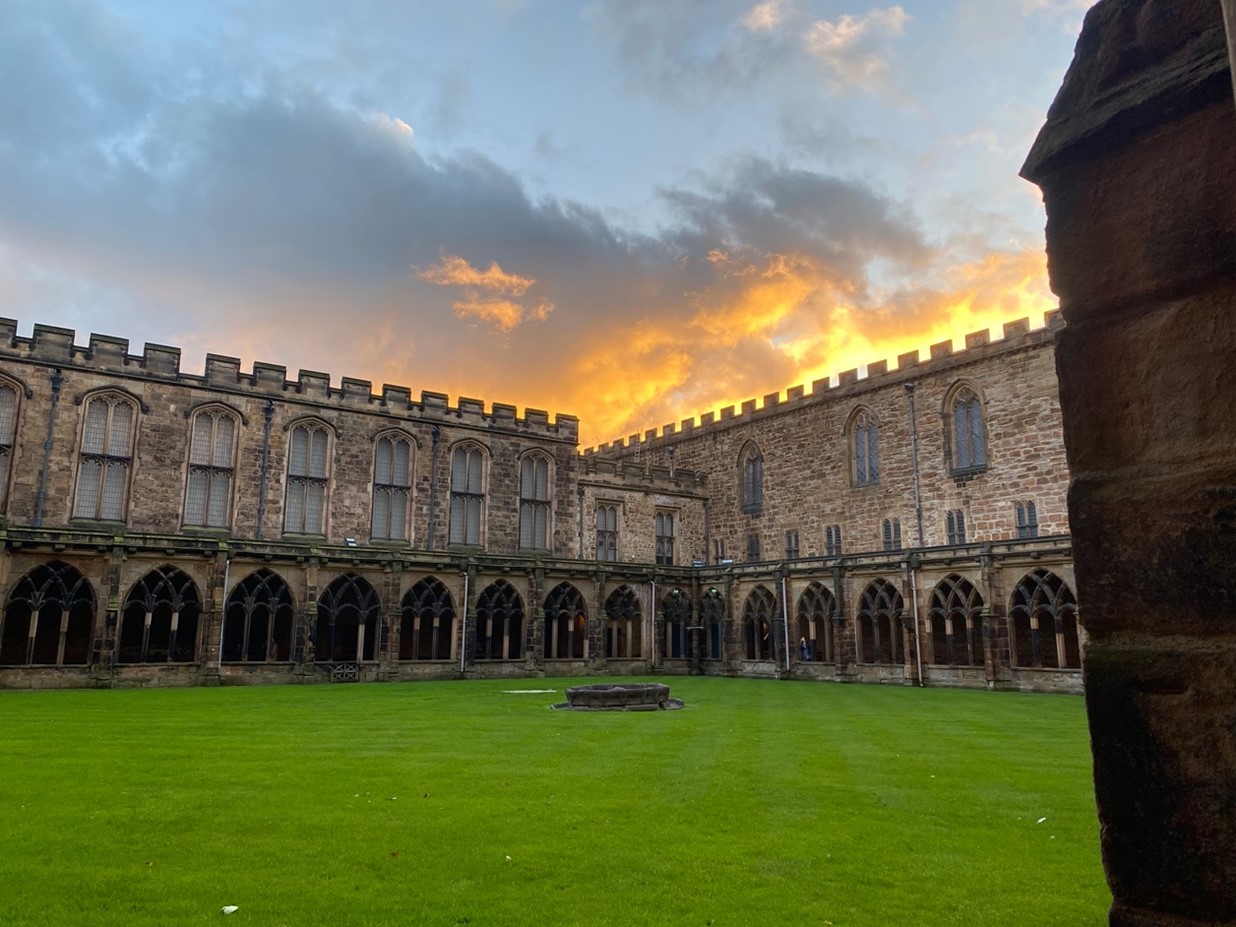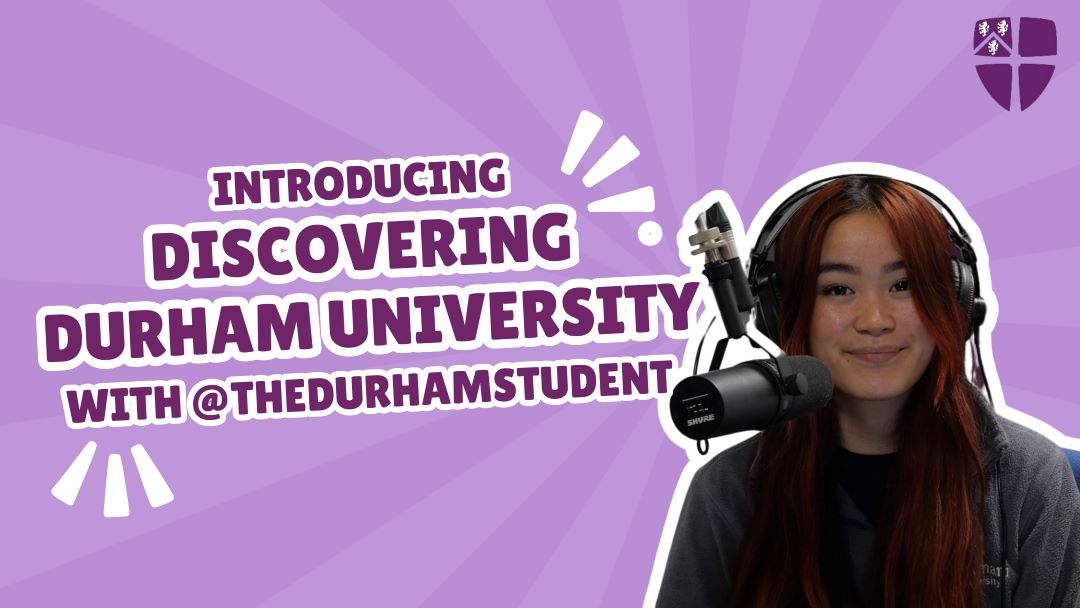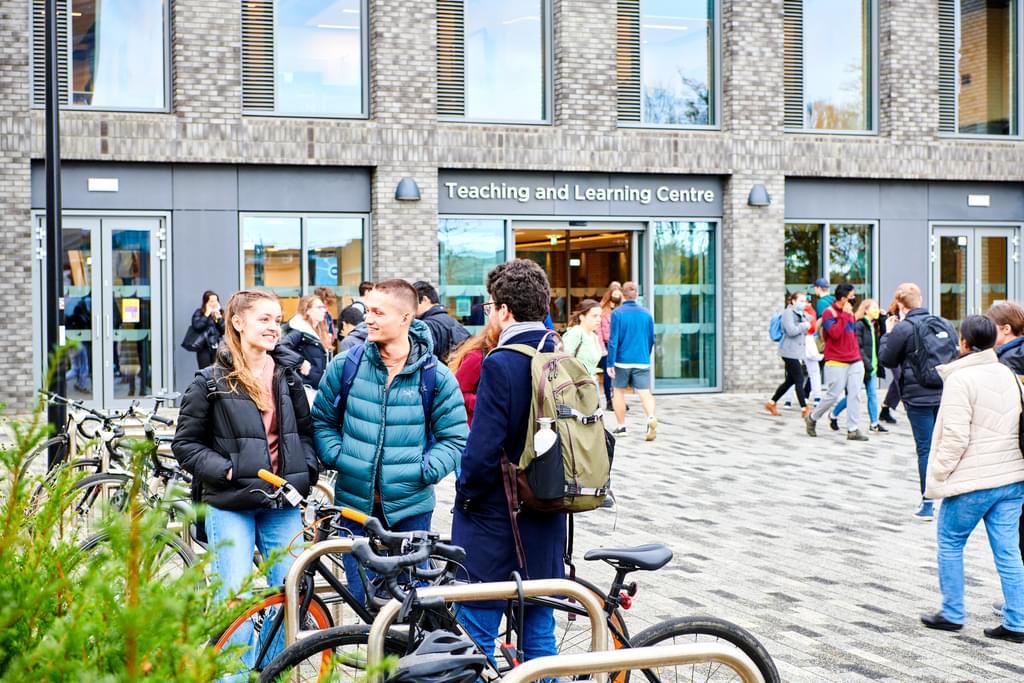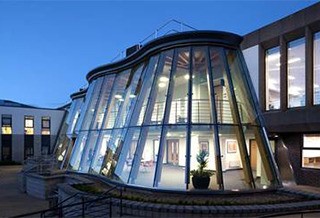From a bachelor’s degree to a master’s degree, the journey is full of both difficulties and rewards. One of the main differences that struck me was the higher expectations with academic output. The Master of Science (MSc programme) is more about the acquisition of knowledge; it is also about using the knowledge in real-world problems. Undergraduate studies require the students to take a more structured approach to learning, whereas postgraduate studies are orientated towards promoting critical thinking and practical application, especially in my Business Analytics field.
To begin with, the initial challenge I struggled with was the strictness of the postgraduate course. The workload was alright, but I had to be a lot more independent in learning. It wasn’t only about following instructions, but rather about thinking critically, casting doubts, and seeking new solutions. In particular, the peer-to-peer learning was the part that was the most prominent for me; projects in groups and workshops were central to the study process. When I attended lessons with my classmates, from various backgrounds, the different perspectives made lessons even better.
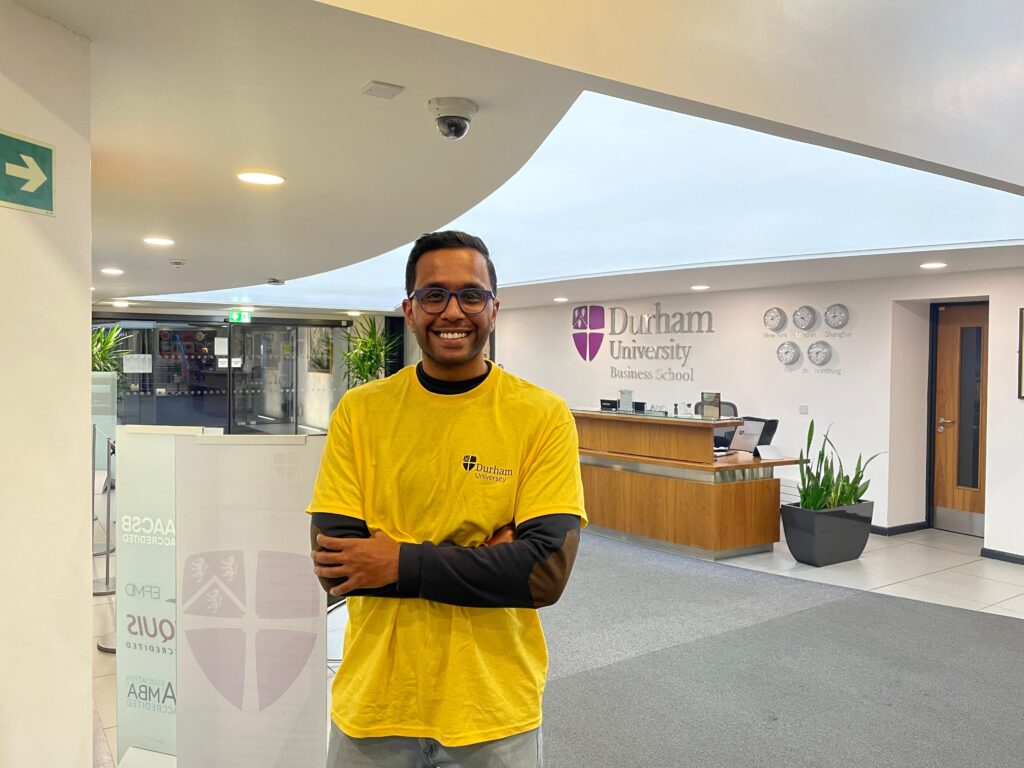
Adapting to a new university and country
Moving from one university to another, let alone one in a different country, was a whole new world for me. When I did my Bachelor’s in India, the complete shift to the UK made me encounter a different type of delivering content to the student, as well as an academic culture that I was not familiar with. The teaching process in the UK is more orientated towards the discussion and research parts. The teachers of Durham are not only experts in their subjects but are also deeply engaged in the research that is ongoing. This is what helps to shape the content and create a dynamic curriculum. They foster a culture of critical interaction among the students – this empowers them to be more inquisitive.
The teaching method at Durham encourages collaboration between students and teachers in such a way that they not only learn in the classroom but also reveal the skills that will be of great help to them outside of the classroom. What they are trying to encourage in students is the learning of a subject without paying too much attention to the scores one gets in exams. As an illustration, I was very surprised when my professor elaborated extensively upon the subject matter that I had submitted and then invited me for a personal meeting.
Apart from education, fitting into life in Durham was a real puzzle to be solved. Different cultural and social conditions, a new town, was not all plain sailing, and it took some time to acclimatise to the rather icy weather and to understand some British social norms. However, even with the cultural mismatch, Durham, with such a thriving local community, made it possible to adapt to the new city. It has really proven to be a student-friendly city in which I have quickly made new friends, thanks to the system of collegiality.
Advice for prospective students
For anyone considering Durham for their postgraduate studies, my advice would be simple: take the leap. Durham is more than just an academic institution; it’s a place that encourages holistic growth. The curriculum is well-balanced, especially in courses like Business Analytics, where technical, business, and strategic aspects are seamlessly integrated. This not only makes you a well-rounded professional but also boosts your employability prospects.
When deciding on a university, it’s important to look beyond rankings and reputation. For me, the sense of community and the academic environment were decisive factors. Durham offers a space where you’re constantly learning – whether from professors, peers, or the vast array of resources available, both online and in the university’s libraries.
If I were to give prospective students one key piece of advice, it would be to be open-minded and embrace the student experience fully. Whether it’s academic discussions or extracurricular activities, Durham offers something for everyone, and there’s enough time for everything if you plan well.
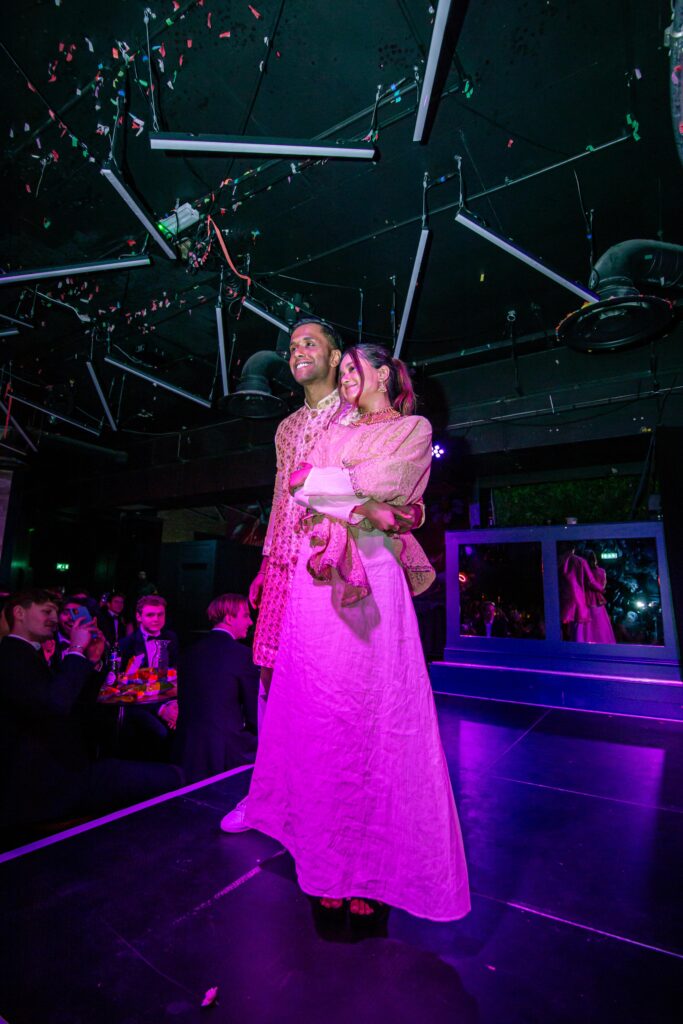
Final thoughts
In summary, transitioning from undergraduate (UG) to postgraduate (PG), especially at a prestigious institution like Durham, has been a transformative experience. The combination of academic rigour, a supportive community, and exposure to diverse perspectives has made my time here invaluable. My goal after completing my Master’s is to return to the workforce, ideally in analytics or retail, with a renewed sense of purpose and a deeper understanding of the business world.
To anyone still on the fence about applying to Durham, I can confidently say that this place has much more to offer than what meets the eye. It’s not just about getting a degree; it’s about making Durham your second home, a place where both your personal and professional growth are nurtured.
In one sentence: “Durham becomes more than just a place to study—it becomes home.”
Discover more
Read about Durham University Business School here.
Read about Postgraduate study at Durham here.
Create your own personalised prospectus here.
To find out more about student life in Durham, follow our students on Instagram, TikTok and YouTube



